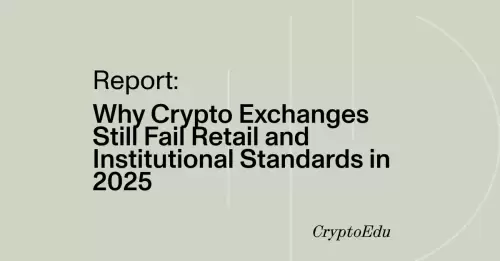
While many of us are used to charging our devices every night, a groundbreaking development from China promises a battery that lasts for decades—without the need for a single recharge. This new technology could revolutionize the way we think about energy storage, with potential applications ranging from smartphones to space missions.
China’s Revolutionary Battery
Imagine never having to plug in your phone again. Picture a space probe that operates for decades without maintenance. This is the promise of nuclear batteries, and China is poised to lead the charge. In January 2024, Chinese company Betavolt unveiled the BV100, a miniaturized battery powered by Nickel-63. This battery can last up to 50 years without needing to be recharged. It’s not just a lab prototype either—the production has already begun, with potential applications across industries like medicine, aerospace, and even consumer electronics.
But that’s just the beginning. Another Chinese institution, Northwest Normal University, has announced a battery that uses Carbon-14, which could last a remarkable 100 years. Although Carbon-14 is rare, China has already set up a commercial reactor to extract it, making their vision of a self-sustaining energy future a reality. This strategy mirrors China’s approach to the solar energy industry: controlling the entire production chain to become indispensable.
A Step Ahead of Global Competitors
In the face of this Chinese breakthrough, the United States and Europe are scrambling to catch up. It’s worth noting that the first nuclear battery was actually developed in the United States during the 1950s, but fears surrounding nuclear energy and concerns about the longevity of these batteries led to the technology being sidelined for decades. Today, however, City Labs, an American company, is working to revive nuclear batteries, with a tritium-powered model designed to last for 20 years. This project, funded with public investment, primarily targets pacemakers—a life-changing application for those with heart conditions.
Europe is also not standing still. Arkenlight, a British company, is working on a nuclear battery made from radioactive waste. Meanwhile, Kronos Advanced Technologies and Yasheng Group in the U.S. have formed a partnership to push nuclear battery research forward. Countries like South Korea and several European nations are also exploring this technology, recognizing its potential role in the energy transition and the expansion of connected devices.
While China currently holds a significant lead, one thing is clear: the era of nuclear batteries has arrived. This innovation could redefine how we think about energy storage, with lasting impacts on the way we power everything from everyday gadgets to the most ambitious space explorations in the decades to come.













































































